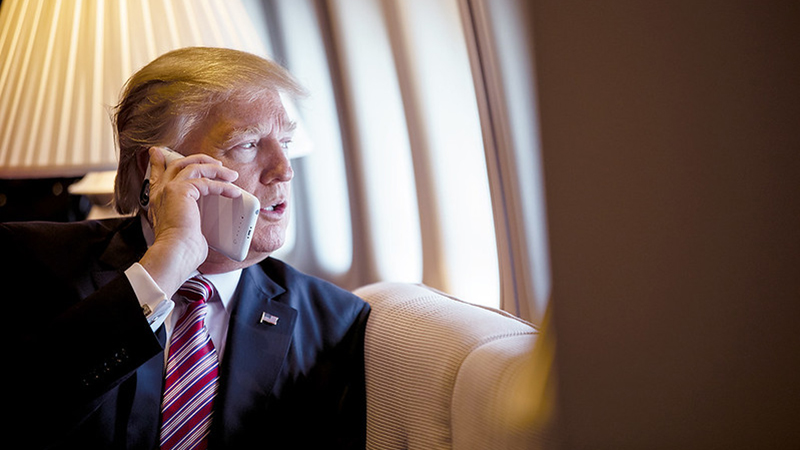By David Le Cornu, head of discretionary at Ravenscroft
2024 will be noted as the year of the political circus. At least 64 countries out of the 195 recognised countries in the world are scheduled to hold elections.
These countries represent a populace of four billion people, so roughly half of the world gets a vote, which can influence the shape of their countries’ economic policy and international relations for the next four years to come.
Whilst not all votes are equal (can a vote in Russia or Myanmar ever be a vote for change?) the potential for change is significant.
According to the World Happiness Report 2024, the world is not a very happy place. It is unsurprising to read that the Nordic countries have the happiest populace (four countries rank in the top five and even the laggard Norway places a cheery seventh).
It is interesting to see the changes in Europe – Czechia places 18th, Lithuania 19th, UK 20th, Germany 24th, and France 27th. America is ranked 23rd and Japan 51st.
Many of the most developed economies are less happy and are falling down the happiness league. The report also notes that the young are generally happier than the old, except in North America.
While an oversimplification, unhappy voters are more likely to vote for change. This means that while the narrative and policy will differ from country to country, the thrust of government policy is likely to be making life easier for those with lower incomes.
This will be accompanied by nationalistic overtones making it clear that governments are placing their own citizens interests first and foremost in their policies.
This has left investors wondering whether they should be losing sleep over the potential for political change to damage the value of their investments in 2024.
The US is the world’s largest economy (its GDP is still 40% larger than China) and US companies represent two-thirds of the value of global equity markets, so the US tends to be key in determining whether it is a good or bad year for investors.
In the US, Trump has managed to post the $175m bail bond in his civil fraud case and is promising to bring fireworks to America on 5 November as he is favourite to be elected as the next US president.
History suggests that it does not matter whether Republican Trump (who wants to shrink government, deport, drill, reshore businesses and levy tariffs on imports) or Democrat Biden (tax the wealthy, tax business and redistribute) wins.
The awkward truth for presidents is they are not as powerful as they think they are. Their term of office is typically four years, which limits the amount of change they can push through. In addition, there are legislative limitations with the president having to work within the law (mostly) and with the House of Representatives and the Senate to instigate significant change.
The recovery from Covid has also left many governments in a parlous financial position, with high debt levels and a lack of financial flex in the US, UK and Europe.
The risk of implementing significant policies in an election year is low as government hands are mostly tied. The orange man and the octogenarian will want to spend their time detailing their plans for the years ahead, shaking hands and kissing babies to secure votes. So overall, an election year tends to be lots of political noise but little action.
Historically, election years are unimportant for US investors. If you look at the performance of the S&P500 from 1936 to 2020 focusing upon US presidential election years, political noise may cause some volatility and dampen overall returns, but the normal outcome is a year of positive returns.
If we look at this through a global lens the story seems to be the same. The reality is that despite numerous elections and changes in governments around the world over the past 20 years, there has been no significant drawdown in equity markets that can be attributed to an election.
In most years, politics seems to have little impact on investor returns whereas the path of interest rates, inflation, and the entrepreneurial spirit of business leaders can have a significant impact.
If political noise in 2024 delivers bouts of volatility in investment markets, I recommend that you take a step back and look for opportunities.











